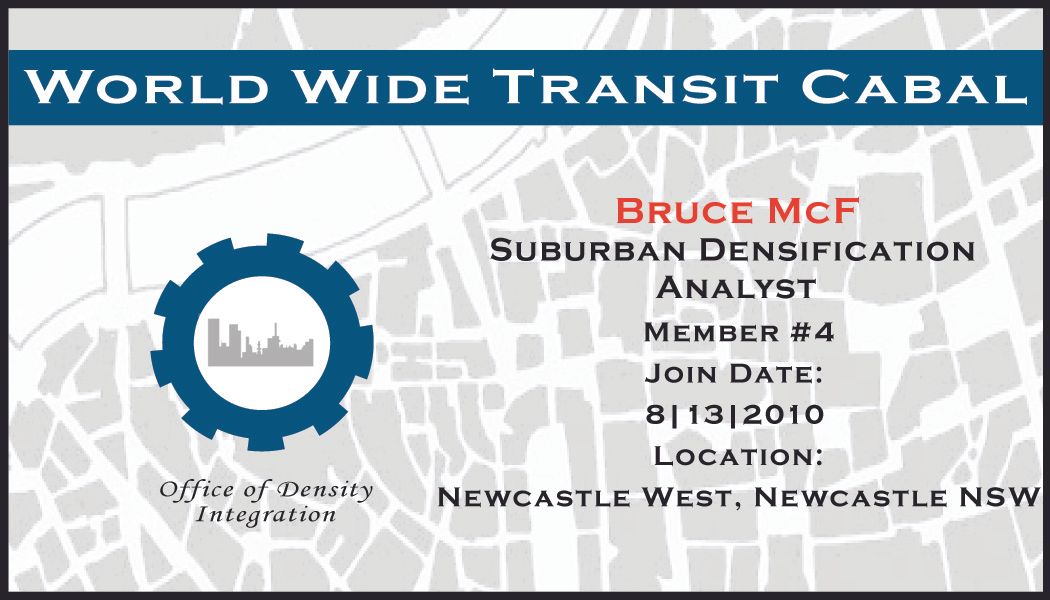Joseph Stiglitz on the Political Economy of the Bail-Out: Who's At the Table?
Or as your humble correspondent wrote at Obama's Emergency Banking Act of 2009 (European Tribune):
One thing that becomes clear from the ...
... Geithner proposal is who the "them" is ... if the banks turn out to be unable to service their debt and senior preferred shares, then the recourse is to convert senior preferred shares to common shares to dilute the equity of the shareholders.
The solution to not having enough money to pull toxic assets out of the system to get enough of the toxic assets out of the hands of all of the big money center banks to ensure that they can continue to act as big money center banks ... rather than the alternate view of the task at hand, in the terms of ensuring a sufficient subsystem of non-zombie banks to be able to provide the finance sector services required by Main Street if there is a recovery in 2010 or 2011 ... is to subsidize the acquisition of toxic assets by speculators.
The "them" he is not giving up is the senior management and overpaid specialists for the big money center banks. And, seemingly, he continues to view a main function of the banking system to act as a middleman between financial individuals and financial markets, with hundreds of billions of dollars under his direct control to be aimed at socializing losses so that the process can continue.
IOW, the people that have to be the main target of any hidden nationalization of the banking system aimed at ensuring that what was once its primary function (but which it "outgrew" over the past thirty years in the "market centric" Anglo disease countries) is not sacrificed to acting as a middleman between wealthy individuals and financial markets.
However, bank shareholders ... many of them, indirectly, small individuals and small business via the pension funds, insurance companies and other institutional investors providing "Main Street" financial services ... well, if it goes pear shaped, they can take a haircut. You gotta have your priorities, after all.


No comments:
Post a Comment